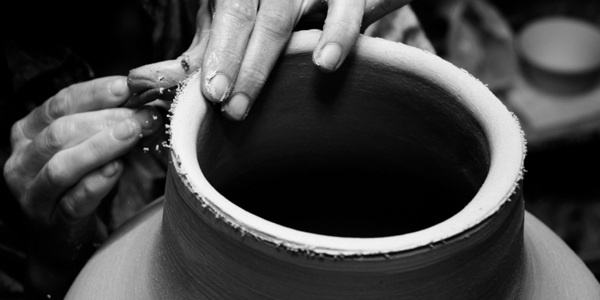Alzheimer's Innovative Therapies
While we do not yet have a cure for Alzheimer’s disease, medical professionals, like those at A Place For Mom, continue to identify therapies that weaken the condition’s symptoms.
These drug-free treatment options, furthermore, will “increase function and improve quality of life.” Here is a list of some creative and unique therapies for individuals with Alzheimer’s or dementia…
- Light Therapy — A Place for Mom points out that merely brightening your room’s lights during the day can improve your mood and thought processes.
- Storytelling — This strategy, as Time Slips explains, is “an improvisational storytelling method that replaces pressure to remember with the freedom to imagine.” It forces people with dementia or those who have developed Alzheimer’s disease to keep their imaginations and minds active.
- The Ashby Memory Method program, which helps people who have begun to lose their memories and those with early to moderate Alzheimer’s, is a program that involves thinking and activity-based exercises. One glowing testimonial notes: “My Dad laughs more often, and he really enjoys our conversations. He still has issues, but he’s much less anxious and much more my Dad.”
- Art Therapy encompasses both seeing and making art. Dr. John Ziesel tells A Place for Mom, “If you met these people [art therapy patients] back where they lived on an ordinary day, you simply would not see them being this articulate and this assured.”
- Home Recreation — Some care homes in the United Kingdom are redesigning their spare rooms based on era-based themes. For example, Skegness’ Wainfleet care home, Community Care points out, has “red telephone boxes and old-fashioned signposts and bus stops.” This strategy will allow you to reconnect to your idiosyncratic histories.
- Games — Many experts suggest that playing games, especially ones that improve the fitness of your brain. The most effective kinds of games involve problem solving. Here, Sudoku is a great option! A Place for Mom writes: “some memory care communities have reported success providing customized iPads to their residents.” On these devices, you could play a plethora of brain games and “activities that improve dexterity.” Many research facilities continue to develop brain-challenging games.
- Socializing — Motti Zelikovitch, director-general at Israel’s Melabev care center, posits that staying at home is not a good option. Even if you do not remember your friends in a care home, conversations with other people will keep your mind active. One patient named Rose says that living in a care facility “lifts my day.”
- Caregiving — This Los Angeles Times article remarks that a strong bond between you and your caregiver could help you maintain your brain function in the long run. A study that was conducted by researchers at Johns Hopkins and Utah State University found that patients whose close spouses cared for them had the most significant edge.
- Favourite food therapy — This “comfort-centered approach,” according to A Place for Mom, will make you feel tranquil and satisfied.
Click here to watch the video Innovative Israeli Therapy for Alzheimer's
* * * * *
Are there any innovative therapies for Alzheimer’s disease that you can share with us? Please free free to respond in our Comments section below.
Related:
Alzheimer’s Care Homes
Alzheimer’s and Dementia: What is the Difference?
Five Ways to Reduce Alzheimer’s Risks and Keep Memory Strong
Life Times, The Game of Reminiscing


